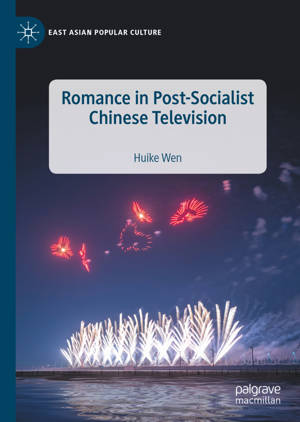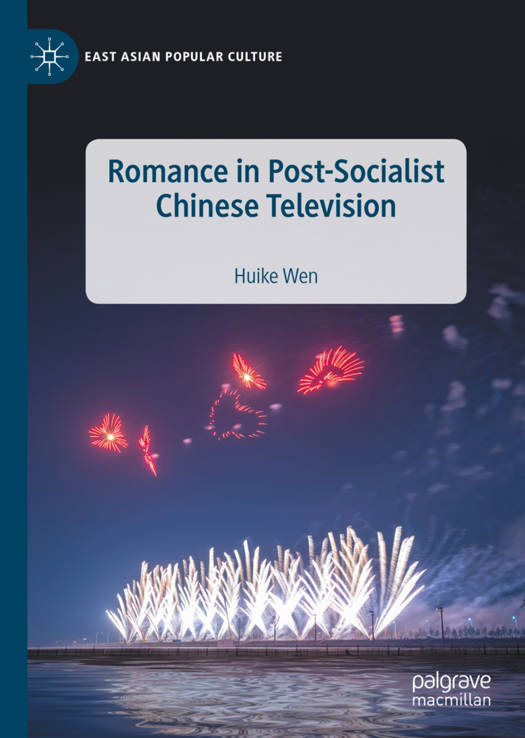
- Retrait gratuit dans votre magasin Club
- 7.000.000 titres dans notre catalogue
- Payer en toute sécurité
- Toujours un magasin près de chez vous
- Retrait gratuit dans votre magasin Club
- 7.000.000 titres dans notre catalogue
- Payer en toute sécurité
- Toujours un magasin près de chez vous
Description
This book is about how the representations of romantic love in television reflect the change and the dilemma of the dominant values in post-socialist Chinese mainstream culture. These values mainly center on the impact of individualism, consumerism, capitalism, and neoliberalism, often referred to as western culture, on the perception of romantic love and self-realization in China.
The book focuses on how romantic love, which plays a vital role in China's ideologically highly restricted social environment by empowering people with individual choice, change, and social mobility, must struggle and compromise with the reality, specifically the values and problems emerging in a transitional China. The book also examines how the representation of romantic love celebrates ideals--individual freedom, passion, and gender equality--and promises changes based on individual diligence and talent while simultaneously obstructing the fulfillment of these ideals.
The book focuses on how romantic love, which plays a vital role in China's ideologically highly restricted social environment by empowering people with individual choice, change, and social mobility, must struggle and compromise with the reality, specifically the values and problems emerging in a transitional China. The book also examines how the representation of romantic love celebrates ideals--individual freedom, passion, and gender equality--and promises changes based on individual diligence and talent while simultaneously obstructing the fulfillment of these ideals.
Spécifications
Parties prenantes
- Auteur(s) :
- Editeur:
Contenu
- Nombre de pages :
- 130
- Langue:
- Anglais
- Collection :
Caractéristiques
- EAN:
- 9783030477288
- Date de parution :
- 14-07-20
- Format:
- Livre relié
- Format numérique:
- Genaaid
- Dimensions :
- 148 mm x 210 mm
- Poids :
- 322 g







